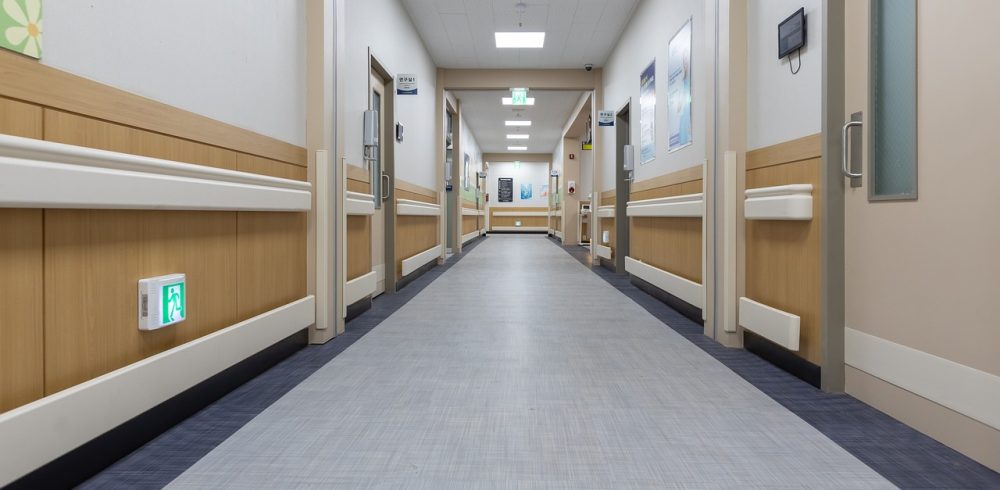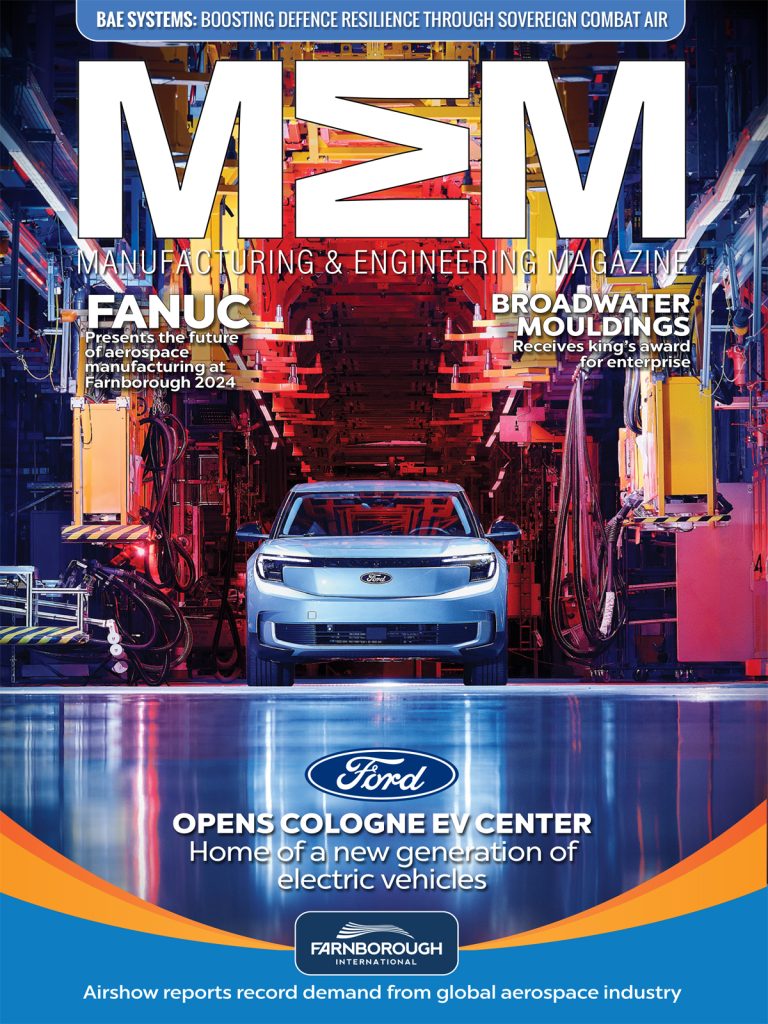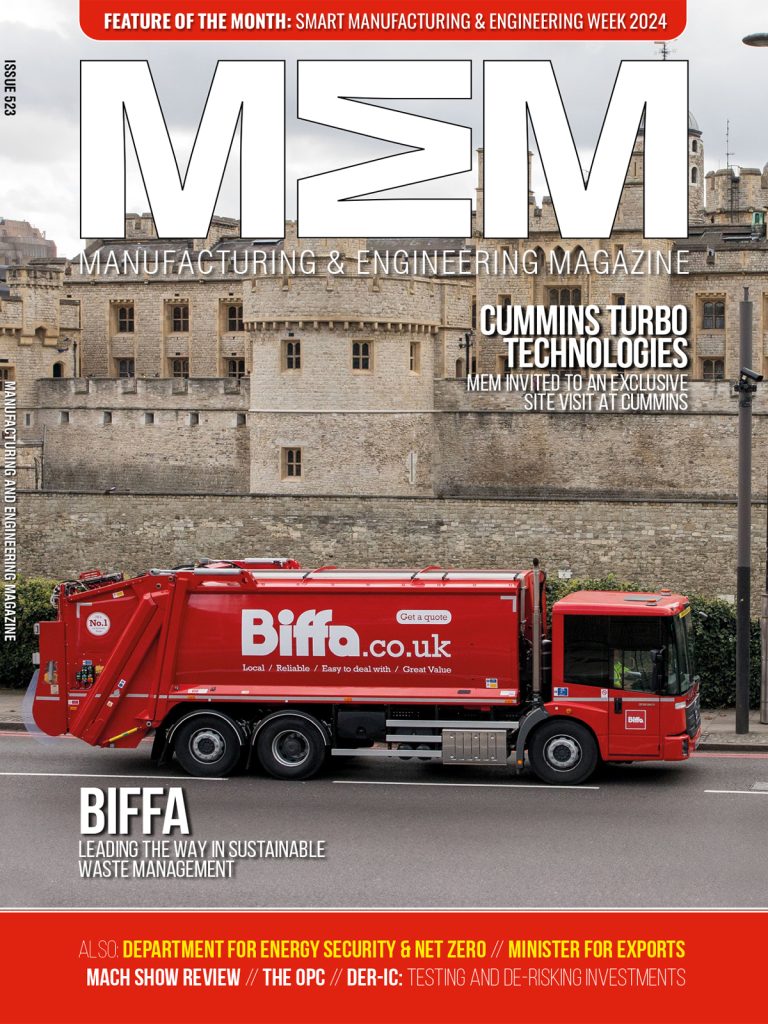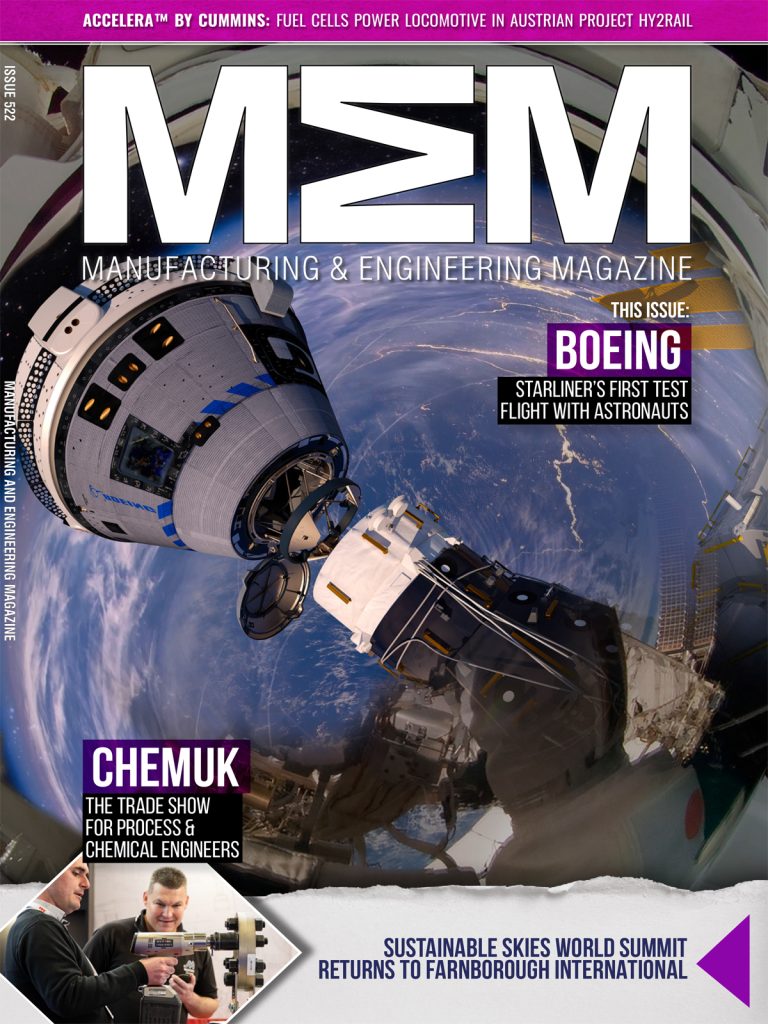~ Precise drive systems provide essential neonatal care ~
Approximately 7.5 per cent of babies in the UK are born prematurely, according to the Office of National Statistics. Incubators provide a safe and secure environment for preterm babies as they recover and develop, but what should you consider when designing one? Here, Dave Walsha, sales manager at drive system supplier EMS explains.
Typically, premature babies will require more care than those born at full term. As their lungs are still underdeveloped, preterm babies will often suffer from breathing issues. Commonly, this presents itself as newborn respiratory distress syndrome (NRDS), a condition found in around half of all babies born between 28 and 32 weeks of pregnancy. Babies with NRDS will struggle to keep their lungs inflated independently, making breathing difficult.
Here, the incubator is an essential piece of medical equipment in delivering neonatal care. Providing an enriched flow of oxygen to ease the strain on the baby’s respiratory system, incubators help babies to breathe independently and support lung development.
It’s important that this airflow is provided at the right temperature, as premature babies will also often struggle to regulate their own temperature sufficiently. Humidity is another important factor. Too low a humidity can dry the baby’s fragile skin, as well as further complicate breathing issues.
To control air humidity, incubators will use a small impeller to push water onto a diffuser in order to distribute water droplets into the air. In combination with this, a system with a standard fan, heater and drive unit allows for the continuous supply of warm, humidity controlled air.
Improved design
When it comes to the construction of the drive unit within the incubator, there are several factors that must be considered. It’s important to note that, while the supply of air will need to be continuous, the quantity and qualities themselves are not always constant.
For example, any opening of the incubator will bring in cooler air from the surrounding environment. To maintain an ambient temperature around the baby, the fan system must be able to quickly supply more warm air to compensate for the cooler air flow. As a result, speed control is a necessity when it comes to the drive system.
Noise is another important consideration. The electric DC motors in the drive system will operate very closely to the baby. But premature babies can be incredibly noise sensitive. And a motor that runs too loud can potentially damage the baby’s hearing at this stage. Therefore, quiet operation is imperative.
Portability is an essential for transporting babies around and between hospitals during treatment. But building a portable incubator presents additional challenges to the design engineer in terms of size and weight. There can be no loss of critical functionality, but it must be achieved within an even more compact space.
Finding suitable components to match these needs can be a challenge. But the latest FAULHABER BX4 IMC integrated motion controller could be the solution. Regarded as the world’s smallest integrated motion controller, the BX4 IMC offers high performance in a compact space — essential for building small and reliable incubators. The BX4 IMC offers to a wide speed range of one to 13,000 rotations per minute to accommodate any fan speed.
Thanks to FAULHABER’s extensive expertise within the medical sector, the BX4 IMC has also been designed with the market in mind. Low EMC emissions avoid harming both the baby and other equipment operating nearby.
As medical treatment continues to advance, so too does the requirement for high-tech devices to support medical practitioners and patients. In the case of premature babies where even the smallest changes in air or temperature can make a difference, opting for high precision drives is crucial to securing the best possible care and outcome.
FAULHABER products are supplied exclusively in the UK and Ireland by EMS. To find out more about available drive systems and for specialist advice, get in touch with one of our engineers today.
Manufacturing & Engineering Magazine | The Home of Manufacturing Industry News
















